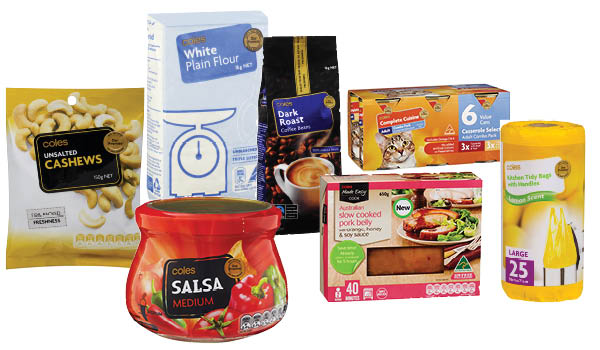Channel diversification into petrol and convenience stores and unique product attributes linked to strong brands are ways for suppliers to maintain profits in the downward price spiral of a private label world, said Dr David McKinna of McKinna et al Strategic Insights.
Dr McKinna said that private label (PL) now offers real value, being a virtual copy of the market leader at a significant price discount. Increasingly private label is going even further up-market, to the point of being premium to the market leader, with Aldi taking this to a whole new level.
Nielsen data estimates PL accounts for 21% of Australian packaged grocery sales, growing at 6.6% (vs 2.4% for the total grocery category) with a 98% household penetration. Dr McKinna added that given Aldi’s growth plans and as its offer is predominantly PL, it’s feasible that PL could get to over 20% market share in Australia within five years, as the two major retailers respond to this competition.
“This dynamic presents a great challenge to FMCG companies. It erodes category value by taking market share from proprietary brands and forces brand owners to drop prices and discount frequently to maintain volume sales. It is especially difficult for second and third tier brands because it is starving them of shelf space,” Dr McKinna said.
Clients often ask Dr McKinna, how do they maintain profits in the downward spiralling retail environment?
“Many of our clients actually do profit from PL contracts. The pricing is usually net-net, without trading terms, and the volumes are substantial with no marketing or promotional investment required,” he said.
“Some food companies subscribe to the theory that having a PL contract improves the negotiating position for the branded business. I am skeptical of this theory – usually PL is handled by a different buyer and treated as a separate category. Within the company there needs to be a close dialogue between those managing the branded and PL businesses.”
Dr McKinna added that realistically, the only way to compete with PL product is to have unique product attributes, linked to a strong brand. Branded products that are doing well are those that are tapping into a consumer trend such as ‘free from’ foods, super foods, indulgence, gourmet and provenance branded foods.
“Investing in your brand will give some protection, but only up to a limit and only for the power brands that retailers cannot afford to be without. The ability to invest in brands is increasingly limited by category devaluation and increasing trading terms, meaning that more of the marketing spend is going on price promotional activity rather than brand building,” he said.

